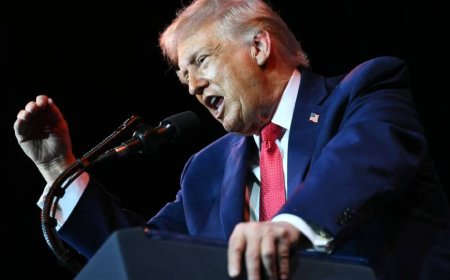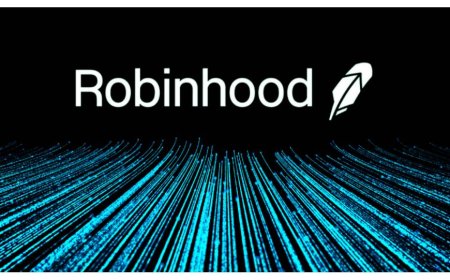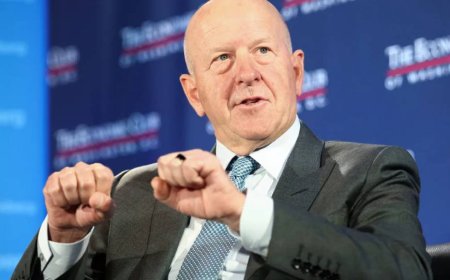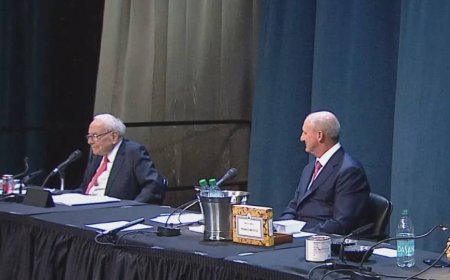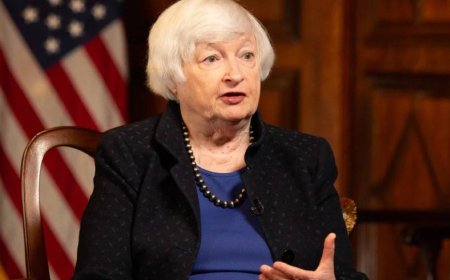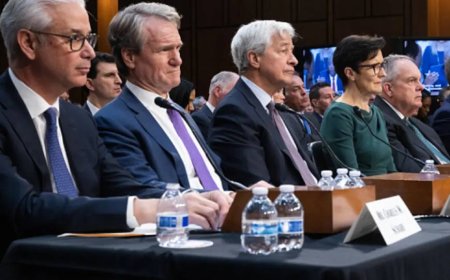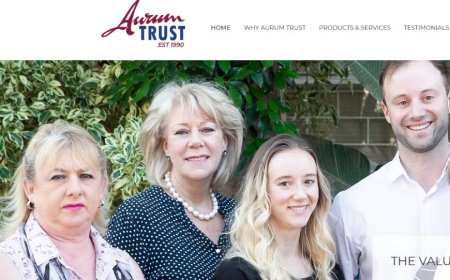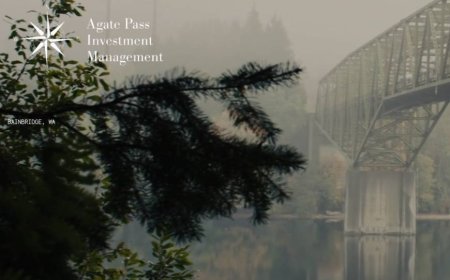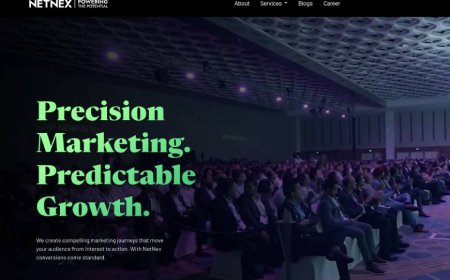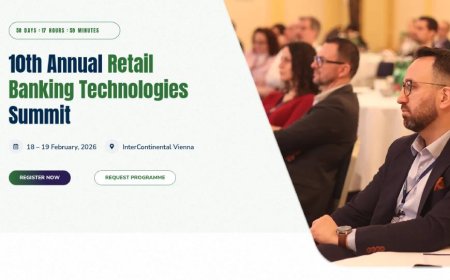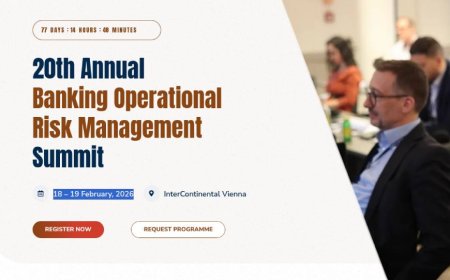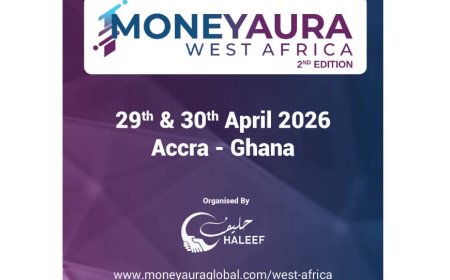Primus Trust Bizalmi Vagyonkezelő Zrt.
Primus Trust Corp., the market leader licensed trust service provider company in Hungary, has been established by professionals with over 20 years of international experience in fiduciary asset management and trust.

Primus Trust Corp., the market leader licensed trust service provider company in Hungary, has been established by professionals with over 20 years of international experience in fiduciary asset management and trust. Primus Trust Corp. aims to pursue its bespoken services at a high professional level with great commitment. Our corporate motto “CREATING VALUE ACROSS GENERATIONS” expresses our commitment to combine family value with continued development. Primus Trust Corp. activity is based on the following three core guarantees: The professional background of Primus Trust Corp’s services is guaranteed by Society of Trust and Estate Practitioners (STEP), as the managing partners and board members are the founders, as well as the committee members, of STEP Hungary. The continuous legal compliance is guaranteed by the National Bank of Hungary as this competent authority supervises the fulfillment of all conditions of Primus Trust Corp.’s license (Res.No: H-EN-III-96/2015) during operations. Safe and successful trust management is guaranteed by our unconditional loyalty to the trust, and by our liability insurance approved by the National Bank of Hungary, as well as by the protection of EU law. The core activity of Primus Trust Corp. is providing bespoken trust and fiduciary services for the benefit of the beneficiaries in compliance with the principles set out in the trust deed. One of the attractive features of the Hungarian trust is that the beneficial owner of the trust asset is Primus Trust Corp. itself. By setting up a trust, the ownership of the trust asset is transferred to Primus Trust Corp. Due to the lack of dual, equitable and legal, ownership concept in the Hungarian civil law, the ownership is indivisible resulting in no need for the settlors, beneficiaries, and their business partners to consider the burden of the dual ownership concept. This characteristic of the Hungarian trust provides room for clients seeking privacy and confidentiality, especially considering the more and more stringent information exchange regulations. This does not ease the compulsory client identification procedures and the ‘know your customer’ rules for Primus Trust Corp., but it certainly provides more comfort in wealth, estate and inheritance planning, as well as asset management, asset protection and transaction planning. The Hungarian trust may serve the unlimited variety of clients’ needs, especially as any asset or right may be part of the trust asset. The flexibleHungarian legal environment for trusts enables that all possible means and ways of utilizing trusts described in the international trust literature may be implemented in practice. Every settlor has his own unique demand and aim. Every trust requires precise and detailed planning, the identification of the settlor’s aims, and understanding of the unique characteristics of the trust assets, which require full confidence from the clients. Primus Trust Corp. is eager to gain this trust. When the English Crusaders set out to liberate the Holy Land, they handed over their valuables to a trustworthy person who looked after their family and preserved their property while they were away. If they did not return from the war, the asset manager commissioned by them provided for their assets to the benefit of the beneficiaries, who were typically family members. By now trust has become widespread in a number of countries all around the world. There are many examples even in countries with a developed capital market where significant assets can disappear into thin air in no time in inexpert hands. When there is an unexpected death, the heirs, who are not fully prepared or have insufficient experience or perhaps follow a course of life that is unacceptable for the founder, have squandered the assets prematurely. Just take a profitable business or company structure which is inherited by heirs who have totally different ideas about the future of the assets. Sooner or later, this would make the operation of the companies impossible and result in the depreciation of the value of the inheritance. This is a concern for the national economy too as in such a situation companies can go bankrupt and jobs can be lost. The relevant provisions of the new Civil Code which came into effect on 15 March 2014 are designed to manage this situation by introducing the legal institution of “trust” taken over from Anglo-Saxon law, that is, fiduciary asset management. This method can effectively handle the more complex investments and asset transfers that arise in a market economy. Under the new Civil Code, there are three actors in the legal relationship: the settlor, the trustee and the beneficiary. The settlor is the owner of the assets who transfers ownership of his assets, under certain circumstances, to the trustee. The settlor specifies in the contract concluded with the trustee who will be the beneficiary but he may designate a specific group of beneficiaries as well. The settlor may also be the beneficiary. It is also possible that the settlor does not designate a beneficiary and authorises the trustee to decide on the identity of the beneficiary. The settlor can also set conditions for the beneficiary in the trust deed, in other words, he can precisely determine, even for several generations, who will be entitled to the assets or a part of them and under what conditions, and who will be entitled to allowances from the income generated by the assets. The settlors may consider the values of their family members or the long-term sustainability of their business, or they may simply want to ensure that their assets are properly managed and that they can make ends meet once they retire. The trustee must keep a record of the managed assets separately from other assets. His duty is to safeguard the value, but he may also have disposal over it under the limitations of the contract and has to report on it to the beneficiary. In order to achieve long-term goals, the detailed terms and conditions of the trust deed help provide for the future of assets in a more complex and flexible manner than a will. In order to avoid risks, numerous businessmen use trust to share their investment portfolio in international business practice, but the assets often serve specific healthcare or education purposes. One of the most important motivations behind creating a trust deed is to provide for proper legal protection of the assets. In terms of theobjective of trust, different interests can be specified such as Protection of the assets against potential creditors, Clarification of inheritance issues or deviation from inheritance rules, Providing missing professional knowledge pertaining to asset management, Protection of business secrets, Tax planning.
Address: H-1036 Budapest, Bécsi út 52, I. em./1., Hungary
Phone: +36 1 244 8308
FAX:



